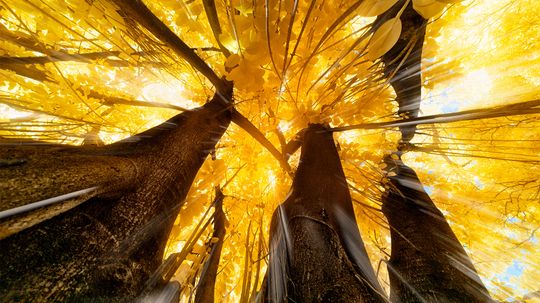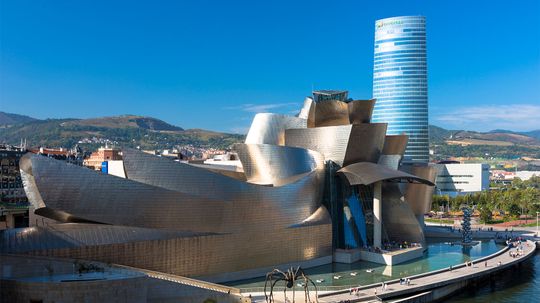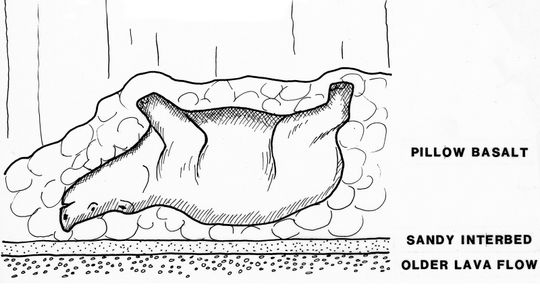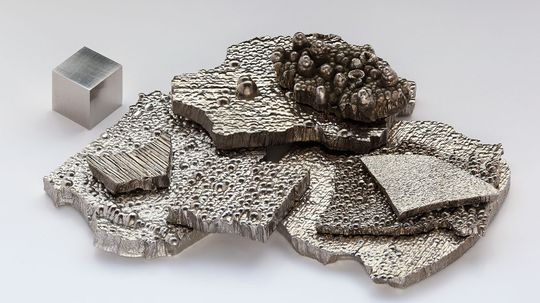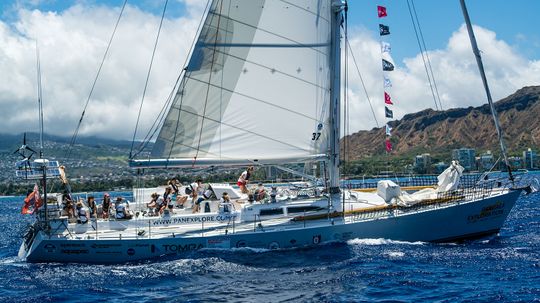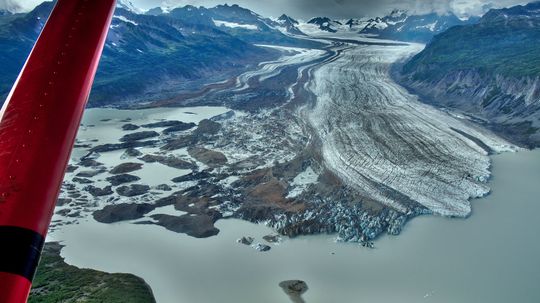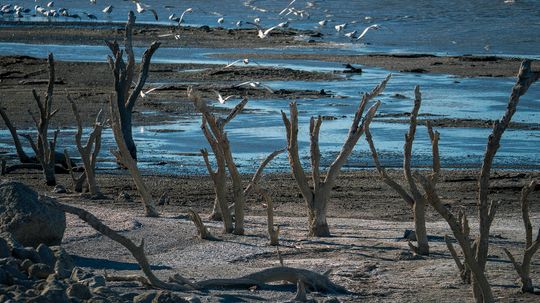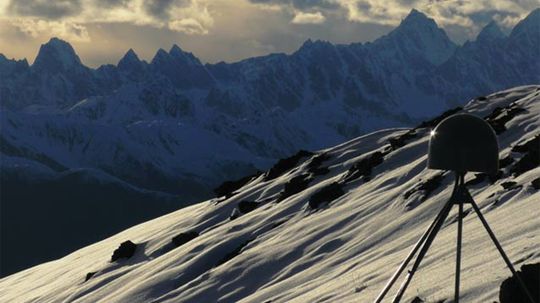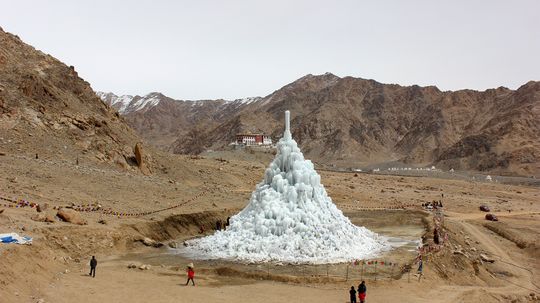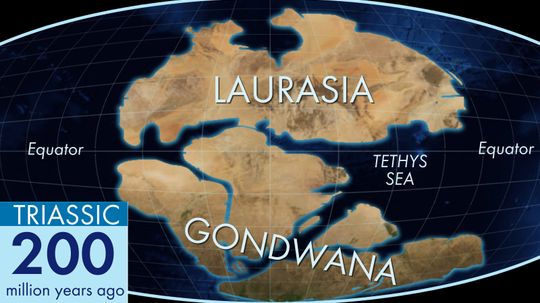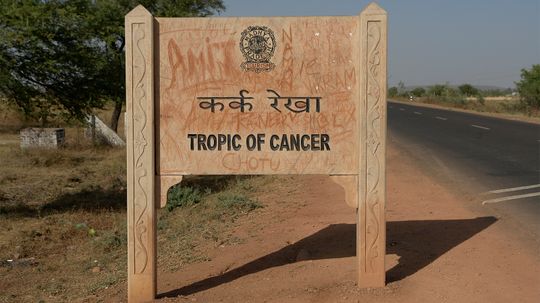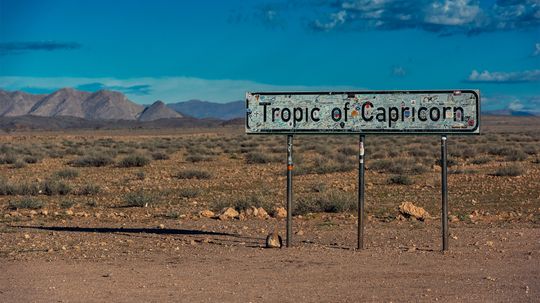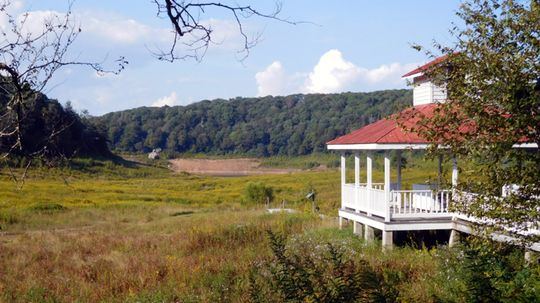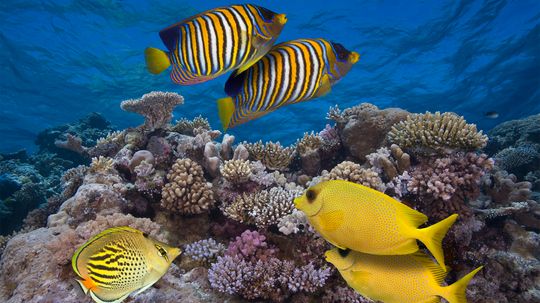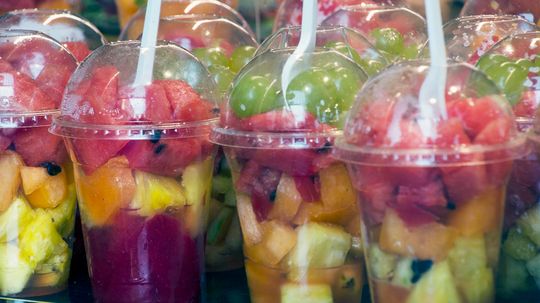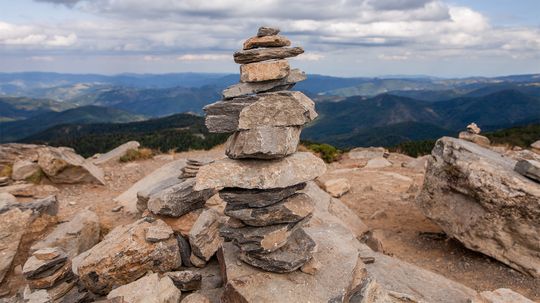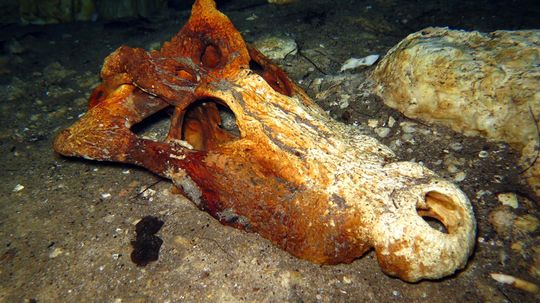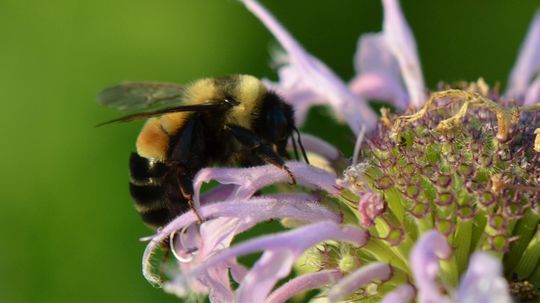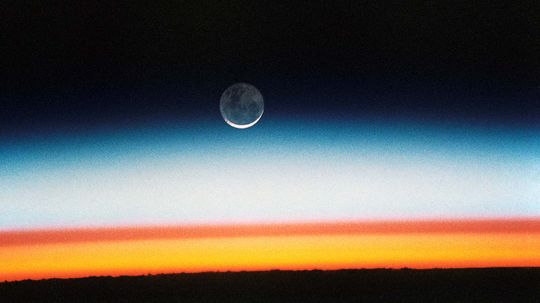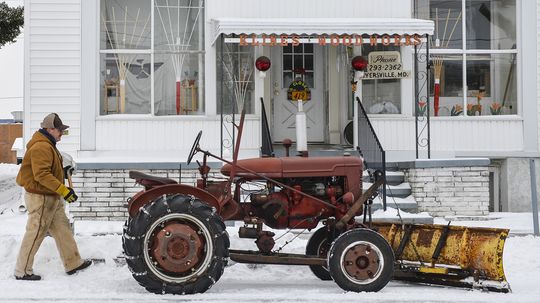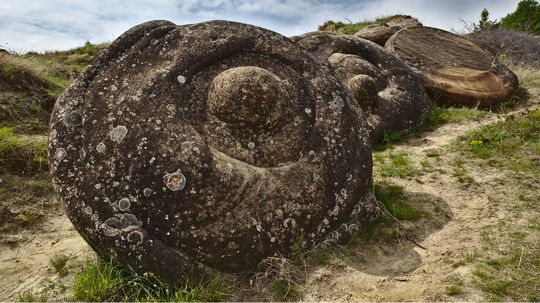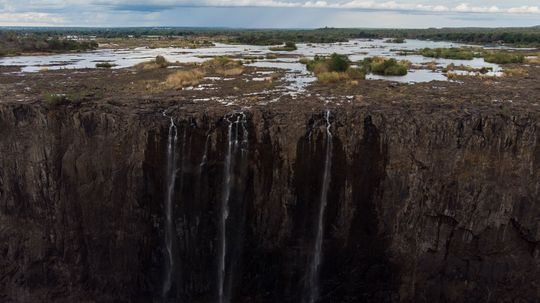Environmental Science
The environment is truly a thing of beauty and should be protected whenever possible. What can we do to save the environment, and what new technology is available to help us?
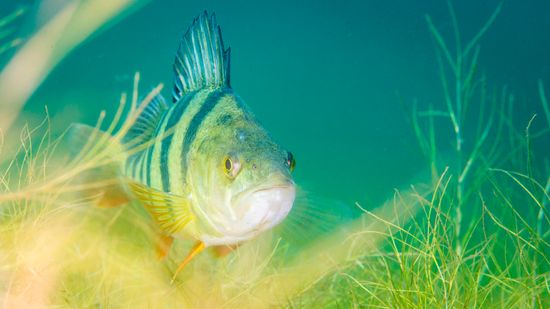
The Fish Doorbell Isn't a Joke ... Seriously
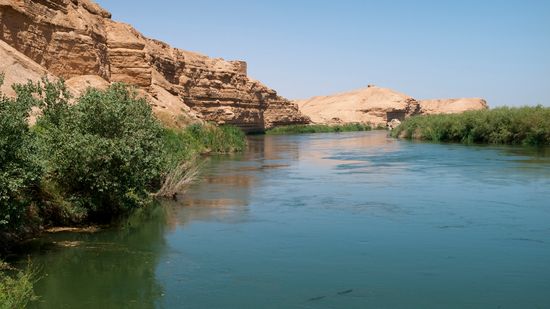
The Euphrates River, at the 'Cradle of Civilization,' Is Drying Up
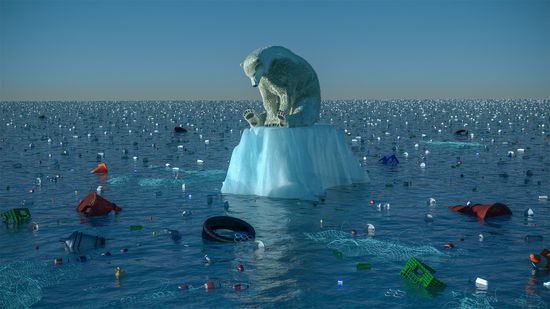
Study Says 2035 Is Climate Change Point of No Return
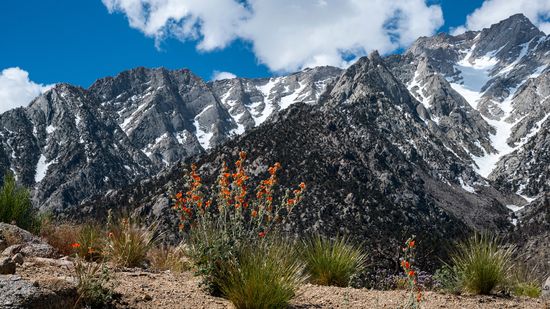
What State Has the Most Mountains in the U.S.? 8 Peak Records
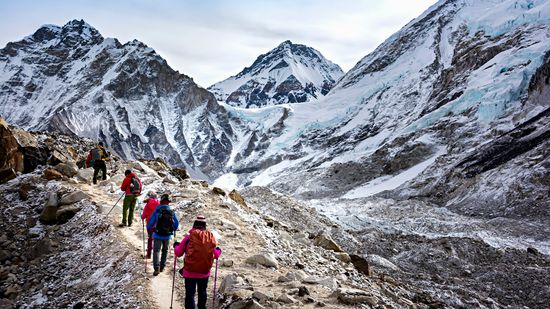
The Most Dangerous Mountain to Climb (and 14 Giving Steep Competition)
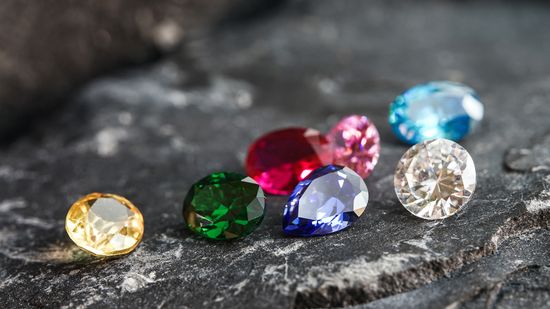
15 Types of Gemstones to Add a Little Sparkle to Your Life
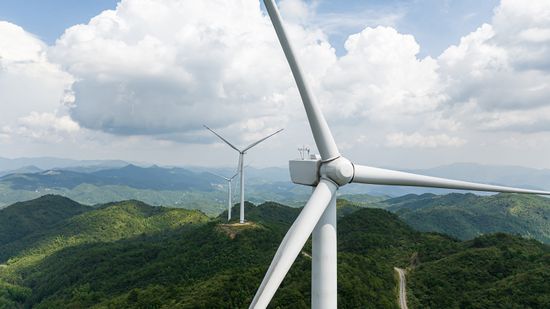
How Many Birds Are Killed by Wind Turbines, Really?

How a Lithium Mine Works and Impacts Local Communities
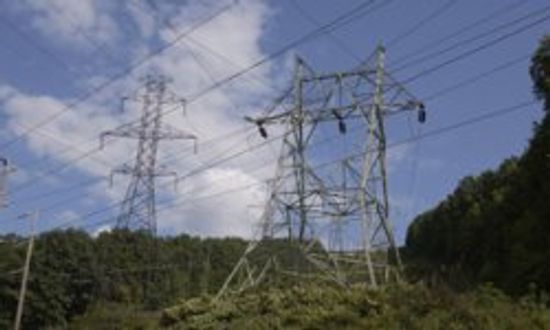
How to Sell Electricity Back to the Grid
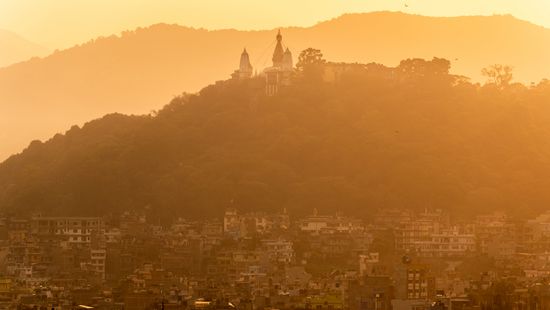
The Worst Air Quality in the World Is in Mountainous Terrain

The World Hits 8 Billion People; Is That Good or Bad?
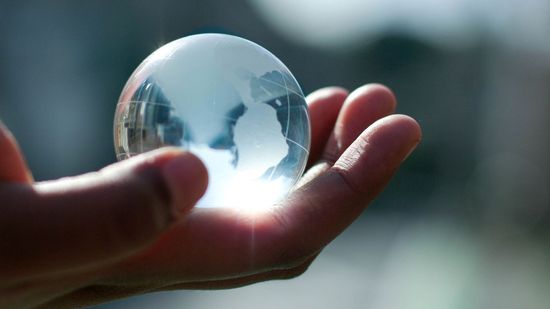
Quiz: Can You Tell Climate Change Fact From Fiction?
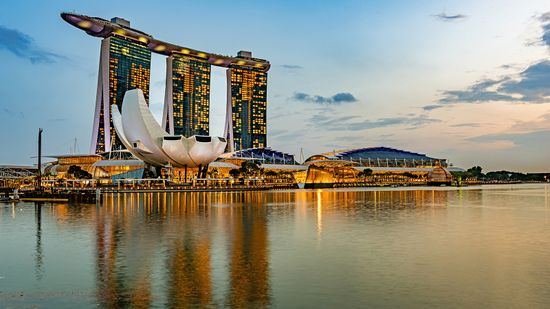
6 Most Futuristic Cities Powered by Renewable Energy
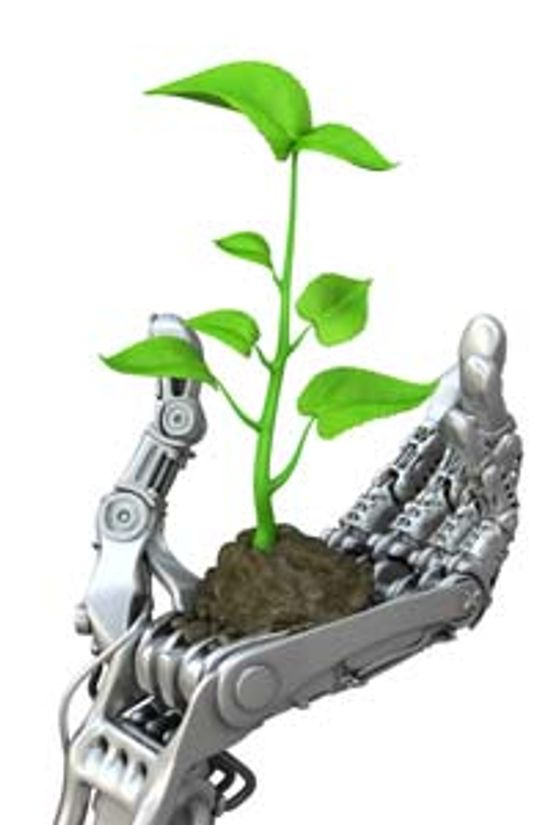
Top 5 Green Robots

5 Things to Consider When Building a Solar-powered Home
Learn More / Page 21
Many scientists say that the response to climate change will require planting new trees. A whole lot of them.
Let's take a look at some of the strongest metals on Earth and their surprising uses.
By Dave Roos & Sascha Bos
It's perhaps one of the strangest fossils ever discovered. We'll explain how it came to be 15 million years ago, and how hikers found it in the '30s.
By Mark Mancini
Advertisement
Not only do bug zappers mostly kill beneficial insects, they also can serve you up a side of bacteria with your burger.
By Chris Opfer
Cobalt is associated with the color blue, but it's so needed for rechargeable batteries that the U.S. put it on the list of minerals it can't live without.
By Dave Roos
EXXpedition founder Emily Penn will captain the 300, all-female crew in its first Round the World sailing voyage.
Global warming and climate change are terms often treated like synonyms, but they have different meanings. We'll explain the difference and why both are so important to know.
By Mark Mancini
Advertisement
The Salton Sea, California's largest inland lake, and the area that surrounds it - once hotspots for tourism and wildlife - have essentially become ghost towns. The lake's evaporation has now become a ticking ecological time bomb with real world consequences.
Cultures all over the world have treasured turquoise for its color and rarity for thousands of years - from Native American jewelry and Aztec and Mesoamerican art to King Tutankhamun's death mask.
Discover the origins of the continental drift theory and how scientists explain these geologic phenomena.
Ice stupas are artificial glaciers that store frozen water to be used for hydrating crops in the driest stretches of the year in the high desert of Himalaya.
By Mark Mancini
Advertisement
Gondwana was a humongous landmass that persisted for 300 million years before it began to break up, forming all the continents in the modern Southern Hemisphere.
You've probably heard of the Tropics of Cancer and Capricorn, but do you know the difference?
You've probably heard of the Tropics of Capricorn and Cancer, but do you know the difference?
Mountain Lake in Virginia is best known for its starring role in 'Dirty Dancing.' But today, it's nothing more than a muddy pit that's all but dried up ... and geologists think they may know why.
Advertisement
If it looks like a party is on, maybe they'll come back. Playing the sounds of a noisy, healthy coral reef can attract important fish species to devastated reef habitats.
This is not an easy question to answer, thanks to the mists of time. But historians have put forth several possibilities. An ancient tablet claims one king ruled for 28,000 years!
China has joined the more than 120 countries outlawing certain types of single-use plastics, those convenient but controversial plastics we've all become so used to. What exactly are they, though, and is banning them really necessary?
It may seem cool to stack rocks for fun or artistic purposes but moving rocks may inadvertently threaten small mammals and insects and contribute to soil erosion.
Advertisement
Not all fossils are found on dry land. In fact some of the most fascinating fossil finds in history have been submerged for centuries.
By Mark Mancini
The rusty patched bumblebee (Bombus affinis) is on the verge of extinction and the state of Minnesota is doing something about it.
The stratosphere is one of Earth's five atmospheric layers that also includes the troposphere, mesosphere, thermosphere and exosphere.
By Mark Mancini
Farming technologies have allowed the world to be fed, even though most people no longer farm. Only 2 percent of Americans are farmers, versus 90 percent in the 1700s. Which tools and technologies have had the most impact on farming and why?
Advertisement
Trovants, found only in a small town in Romania, are stones that actually seem to move and grow. But are they alive?
Waterfalls are mainly reliant on precipitation to keep flowing. Here are six famous waterfalls that slowed to a trickle when drought set in.
